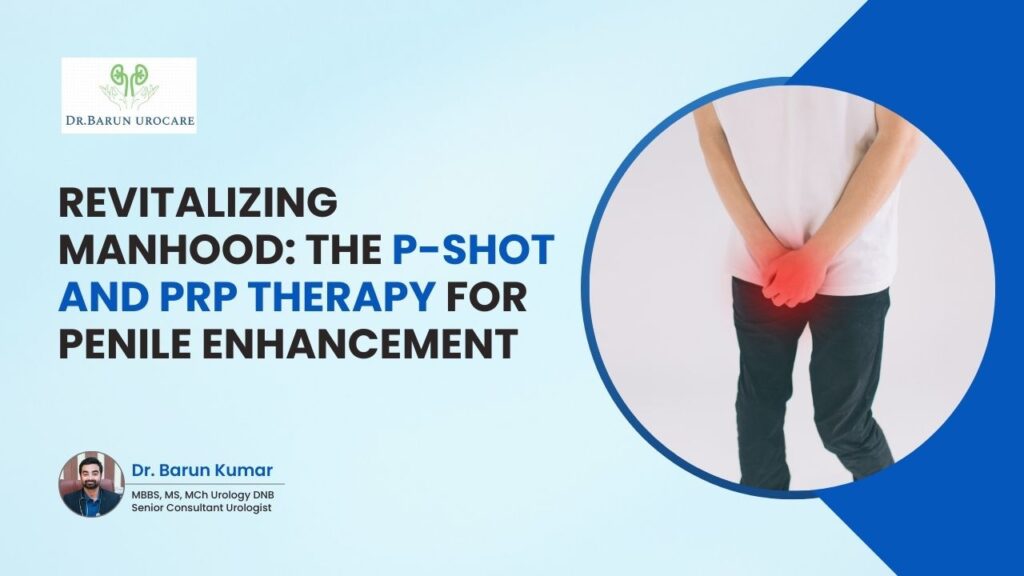As a urologist, I often encounter patients concerned about their fertility and sexual health. While genetics play a significant role, lifestyle factors can significantly impact these aspects of your life. In this article, we’ll delve into the specific ways that diet, exercise, and habits like smoking and drinking can affect male fertility and libido.
The Impact of Diet on Male Fertility and Libido
The Role of Nutrition
A balanced diet is crucial for overall health, including reproductive health. Certain nutrients play a vital role in sperm production and function.
- Antioxidants: These powerful compounds protect cells from damage. Foods rich in antioxidants, such as berries, nuts, and dark leafy greens, can help improve sperm quality.
- Zinc: This essential mineral is involved in testosterone production and sperm maturation. Good sources of zinc include oysters, red meat, and legumes.
- Vitamin D: Adequate vitamin D levels are important for testosterone production. Exposure to sunlight and consuming foods fortified with vitamin D can help maintain optimal levels.
- Folate: This B vitamin is crucial for DNA synthesis and cell division, both of which are essential for sperm production. Leafy green vegetables are excellent sources of folate.
The Role of Weight
Maintaining a healthy weight is essential for optimal fertility and sexual function.
- Obesity: Excess weight can lead to hormonal imbalances, reduced testosterone levels, and impaired sperm quality.
- Underweight: Being underweight can also negatively impact fertility by disrupting hormonal balance and affecting sperm production.
Striving for a healthy weight through a balanced diet and regular exercise can significantly improve your reproductive health.
The Impact of Exercise on Male Fertility and Libido
The Benefits of Regular Physical Activity
Regular physical activity offers numerous benefits for overall health, including improved fertility and sexual function. Here’s how exercise can positively impact your reproductive health:
- Improved Blood Flow: Exercise enhances blood circulation, including to the reproductive organs. This can improve sperm quality and erectile function.
- Reduced Stress: Physical activity helps reduce stress levels, which can positively impact hormone production and sperm quality.
- Enhanced Testosterone Production: Regular exercise can boost testosterone levels, a key hormone for male fertility and libido.
The Risks of Excessive Exercise
While moderate exercise is beneficial, excessive physical activity can have adverse effects on reproductive health:
- Negative Impact on Sperm Quality and Quantity: Overtraining can lead to increased oxidative stress, which can damage sperm.
- Hormonal Imbalances: Excessive exercise can disrupt hormonal balance, affecting testosterone production and sperm quality.
It’s important to find a balance between physical activity and rest to optimize your reproductive health.
The Impact of Lifestyle Habits on Male Fertility and Libido
Smoking
Smoking is a significant risk factor for impaired fertility and sexual function. Here’s how smoking can negatively impact your reproductive health:
- Damaged Sperm: Smoking can damage sperm DNA, leading to reduced fertility and increased risk of birth defects.
- Erectile Dysfunction: Smoking can contribute to erectile dysfunction by damaging blood vessels and reducing blood flow to the penis.
Alcohol Consumption
Excessive alcohol consumption can have detrimental effects on male fertility and sexual function:
- Reduced Testosterone Levels: Excessive alcohol intake can lower testosterone levels, affecting sperm production and libido.
- Impaired Sperm Quality and Quantity: Alcohol can negatively impact sperm quality, reducing sperm count, motility, and shape.
Stress
Chronic stress can disrupt hormonal balance and negatively impact fertility:
- Hormonal Imbalances: Stress can elevate cortisol levels, which can interfere with testosterone production and sperm quality.
- Impaired Sexual Function: Stress can lead to erectile dysfunction and reduced libido.
Practicing stress management techniques such as meditation, yoga, and deep breathing can help mitigate the negative effects of stress on your reproductive health.
Conclusion
In conclusion, lifestyle factors play a significant role in male fertility and libido. By adopting a healthy lifestyle that includes a balanced diet, regular exercise, and avoiding harmful habits like smoking and excessive alcohol consumption, you can optimize your reproductive health.
Remember, it’s essential to consult with a healthcare professional for personalized advice and to address any specific concerns you may have. By taking proactive steps to improve your lifestyle, you can enhance your overall well-being and your reproductive health.
Frequently Asked Questions
Q: Can a bad diet affect my sex drive and fertility?
A: Absolutely. A poor diet can lead to nutrient deficiencies and hormonal imbalances, both of which can negatively impact your sexual health. Consuming a balanced diet rich in fruits, vegetables, lean proteins, and whole grains can help improve your libido and fertility.
Q: How much exercise is too much when it comes to sexual health?
A: While regular exercise is beneficial, excessive exercise can lead to hormonal imbalances and reduced testosterone levels. It’s important to find a balance between physical activity and rest. Consult with a healthcare professional to determine the optimal exercise regimen for your individual needs.
Q: Can smoking and alcohol affect my sexual performance?
A: Yes, both smoking and excessive alcohol consumption can significantly impact your sexual health. Smoking can damage blood vessels, leading to erectile dysfunction. Alcohol can impair sexual function, reduce libido, and affect sperm quality.
Q: How can I manage stress to improve my sexual health?
A: Chronic stress can negatively impact your sexual health by disrupting hormonal balance and affecting libido. Incorporating stress-management techniques such as meditation, yoga, and deep breathing exercises into your daily routine can help reduce stress and improve your overall well-being.
Q: Are there any specific foods that can boost my libido?
A: While no single food can magically boost your libido, a balanced diet rich in fruits, vegetables, lean proteins, and healthy fats can contribute to overall sexual health. Some foods, such as oysters, dark chocolate, and avocados, are often associated with increased libido due to their nutrient content.
Q: Can certain supplements improve my sexual health?
A: While some supplements may claim to improve sexual health, it’s important to consult with a healthcare professional before taking any supplements. Some supplements may interact with medications or have potential side effects.



